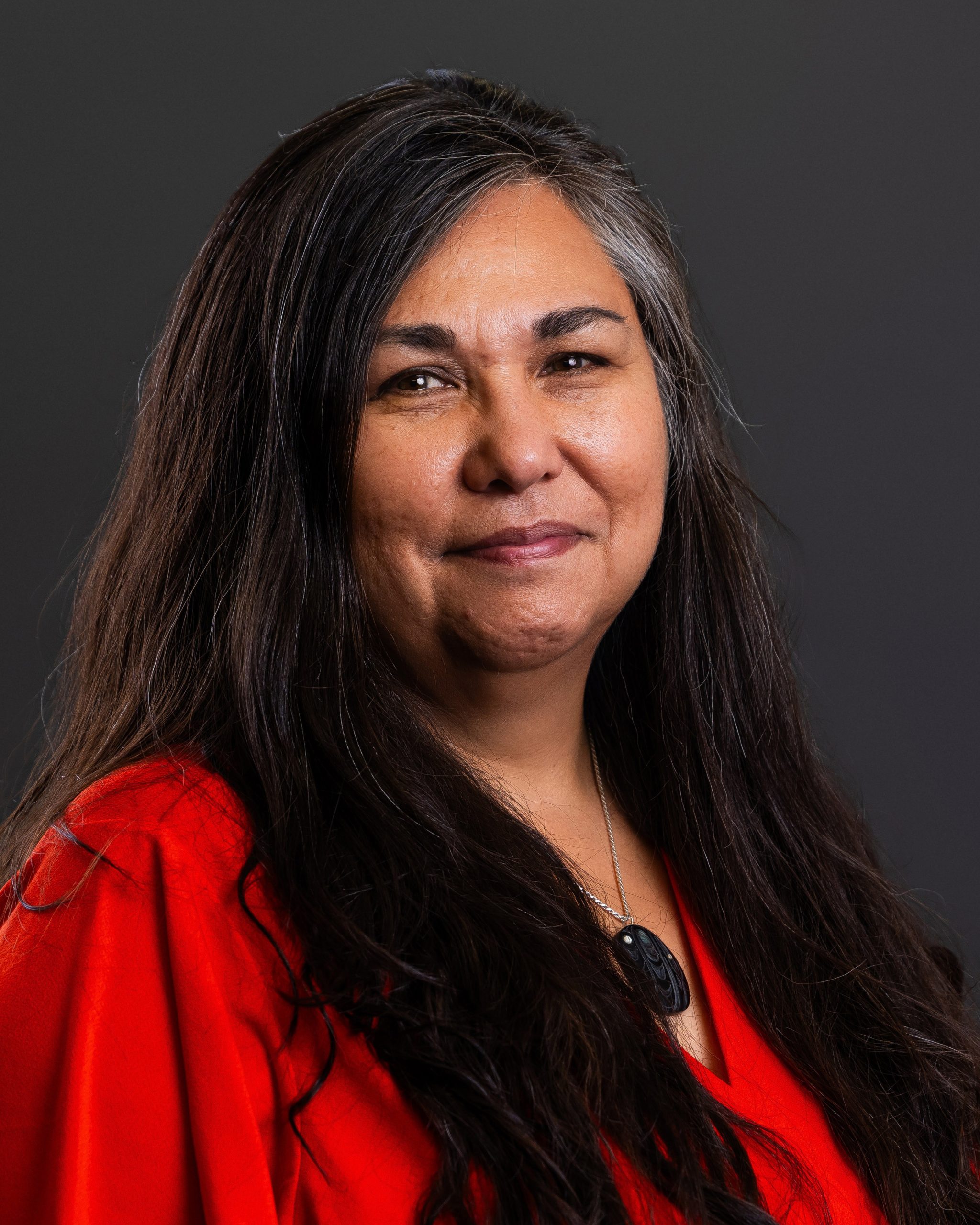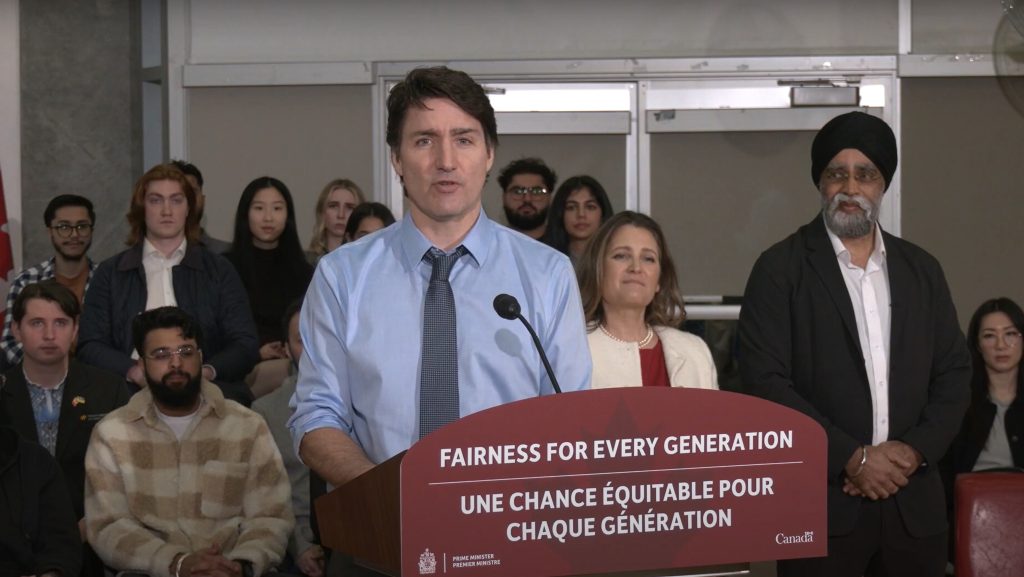Podcast: Play in new window | Download | Embed
In Canada, the government of Prime Minister Justin Trudeau has unveiled its budget for the year with nearly $53 billion in new federal spending.
But as Dan Karpenchuk reports, First Nations leaders say the omission of reconciliation in the budget speech was alarming.
After criticizing this year’s budget, many First Nations leaders are looking for a renewed commitment from the Trudeau government.
They say finance minister Chrystia Freeland failed to talk about reconciliation in her budget speech.
Among those who were looking for more is Newfoundland regional Chief Brendan Mitchelll.
He was expecting to see what he calls a reconcile-action budget.
“We’re not seeing a lot of positive change. And the changes we need with respect to housing and infrastructure in this country, on behalf of Indigenous people and communities, requires a faster pace of action.”
Also disappointed, Grand Chief Cathy Merrick of the Assembly of Manitoba Chiefs.
“And yesterday, Canadians heard how the federal government plans to spend resources for the coming months and years. Yet, this process is marred by a glaring omission and I was there yesterday to be able to hear, and I did not hear any words pertaining to reconciliation, unfortunately.”
Others were less critical.
The Metis National Council praised the financial blueprint calling it a step in the right direction.
There was new cash for Indigenous peoples, $9 billion to cover major issues such as child and family services, education, health, housing, and on-reserve income assistance.
Ministers in charge of Indigenous Affairs say reconciliation has not dropped in priority calling $9 billion a big investment.
But in the 2021 budget, $18 billion was earmarked for Indigenous communities.

Mary Owen. (Courtesy University of Minnesota Duluth)
A Wisconsin tribe is one of the first tribal nations to sue social media companies.
As Danielle Kaeding reports, it’s one of two tribes accusing companies of contributing to higher suicide rates among Native American youth in a recent lawsuit.
The Menominee Indian Tribe and Spirit Lake Tribe in North Dakota filed the suit against companies that own Facebook, TikTok, and YouTube.
They’re demanding companies take responsibility for dangerous features that lead to compulsive social media use.
Mary Owen (Tlingit) is director of the Center of American Indian and Minority Health in Duluth.
She says anything that’s harmful to teens will be felt even more by Native American youth.
“These social platforms, media platforms, are harmful to everyone in that they’re not about community. They’re about an individual. But they’re even that much more harmful to a vulnerable population like Native people.”
The lawsuit notes American Indians in Wisconsin were hospitalized for self-harm at more than double the rate of white residents in 2022.
A Google spokesperson says the tribes’ claims simply aren’t true.
Researchers say media effects vary widely among individuals, posing both positive and negative outcomes.
While there’s evidence of harmful practices by companies, they say a direct link between social media use and suicidal ideation is lacking.

Chief Tadodaho Sidney Hill of the Onondaga Nation performs a traditional welcome at the opening of the 23rd Session of Permanent Forum on Indigenous Issues. (Courtesy UN)
The United Nations Permanent Forum on Indigenous Issues began this week in New York.
The forum is covering a number of issues including the environment, culture, education, health, and human rights.
Leaders are also focusing on the UN Declaration on the Rights of Indigenous Peoples.
The theme of the session includes a focus on Indigenous youth voices to highlight their role and values in Indigenous communities.
A 10-year milestone is being marked this year – the adoption of the World Conference on Indigenous Peoples. It will be commemorated on Thursday with an event hosted by the President of the UN General Assembly.
The session on the UN Permanent Forum on Indigenous Issues runs through April 26.
Get National Native News delivered to your inbox daily and stay up-to-date on the 2024 Native Vote. Sign up for our daily newsletter today.



